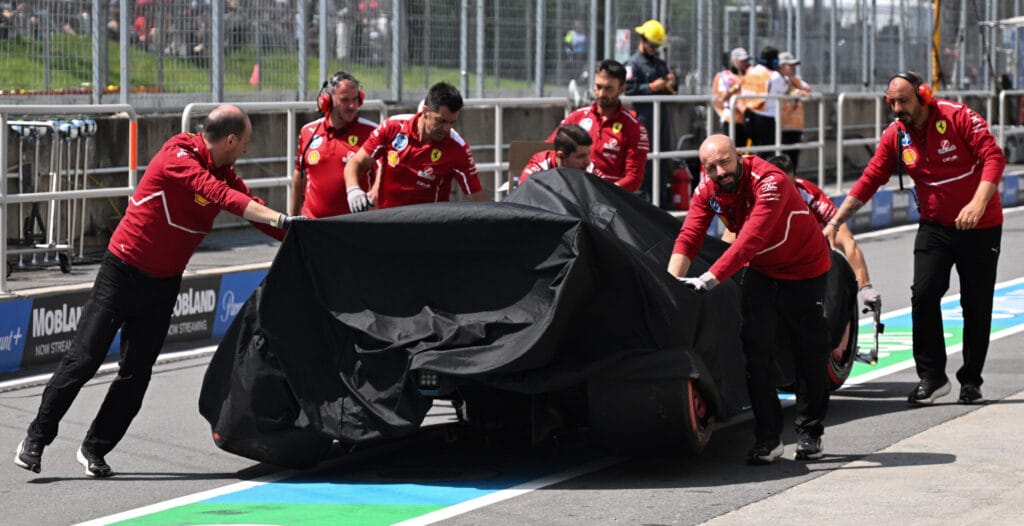While there are still plenty of points up for grabs in the current Formula 1 season, several teams are shifting their focus to 2026. After all, significant changes are on the horizon for the premier class next year. For the first time since 2014, teams will transition to a new engine formula, with an increased emphasis on electric power. Ferrari is reportedly working on an ‘aggressive’ concept for 2026, hoping to outperform engine giant Mercedes.
As Lando Norris and Oscar Piastri continue to vie for the 2025 title, many other drivers are already looking ahead to the new regulations of 2026. Sweeping changes in both the powertrain and the chassis promise a new pecking order in Formula 1. The question is which engine manufacturer will crack the code first and which teams will benefit the most. With an eye on 2026, Ferrari has somewhat tempered its ambitions for the current season. Charles Leclerc and Lewis Hamilton have so far been unable to make a stand against Max Verstappen and the two McLaren drivers. It’s high time, therefore, to consider a radical engine design for 2026.
Agressive Design
Multiple sources report that team boss Fred Vasseur is willing to take risks with the next generation of power units. Rumor has it that Ferrari is working on an extremely light and compact engine design, which should offer maximum flexibility for the chassis and the aerodynamic package. With this, the Italians are breaking away from the more conservative route of Mercedes, which, according to experts, is still the most formidable party in engine development.
Discussions are underway about 3D-printed cylinder heads, advanced alloys, higher chamber pressure, and aggressive cooling. In addition, Ferrari plans to work with smaller radiators in 2026, which would result in slimmer sidepods and thus more aerodynamic efficiency. Does this mean a return to Mercedes’ zero-pod design in 2022? Who knows. The German design proved that an aggressive philosophy is not without risks. And what about reliability issues in the crucial initial phase of this new regulation cycle? Whether the gamble by Vasseur and his colleagues will pay off, we will only know in 2026.









